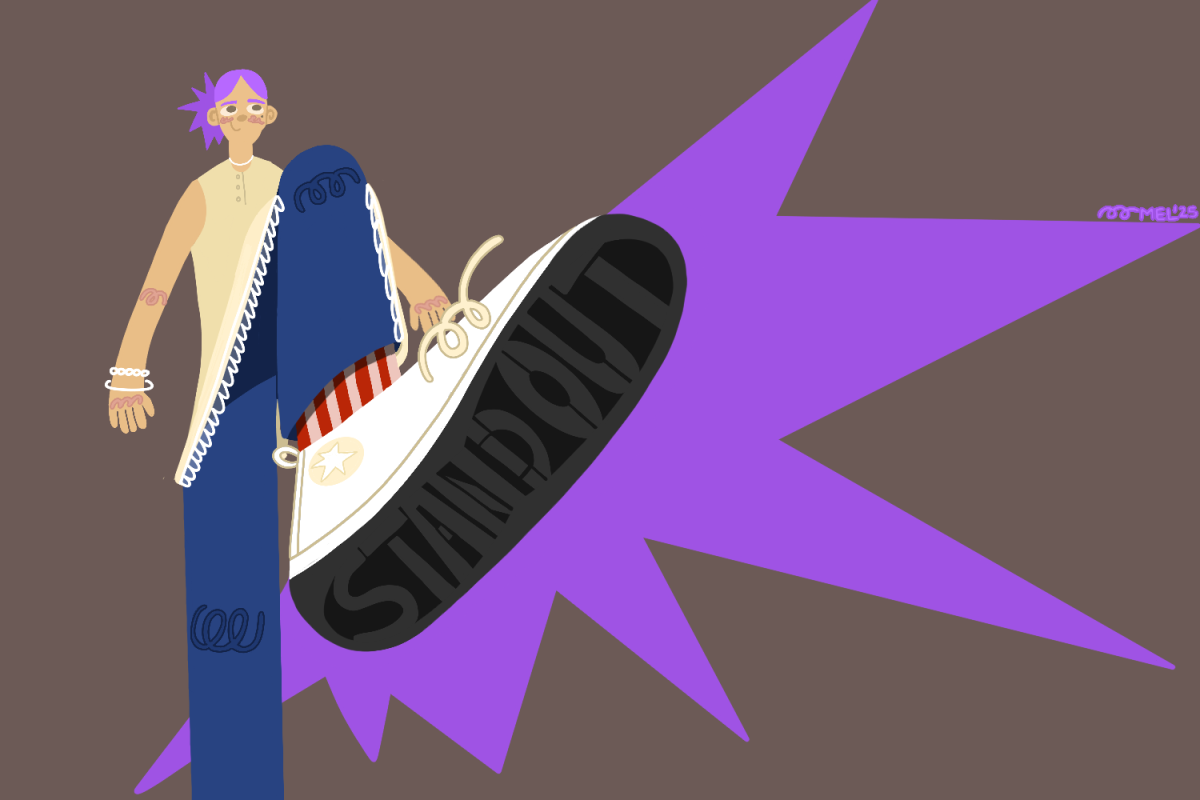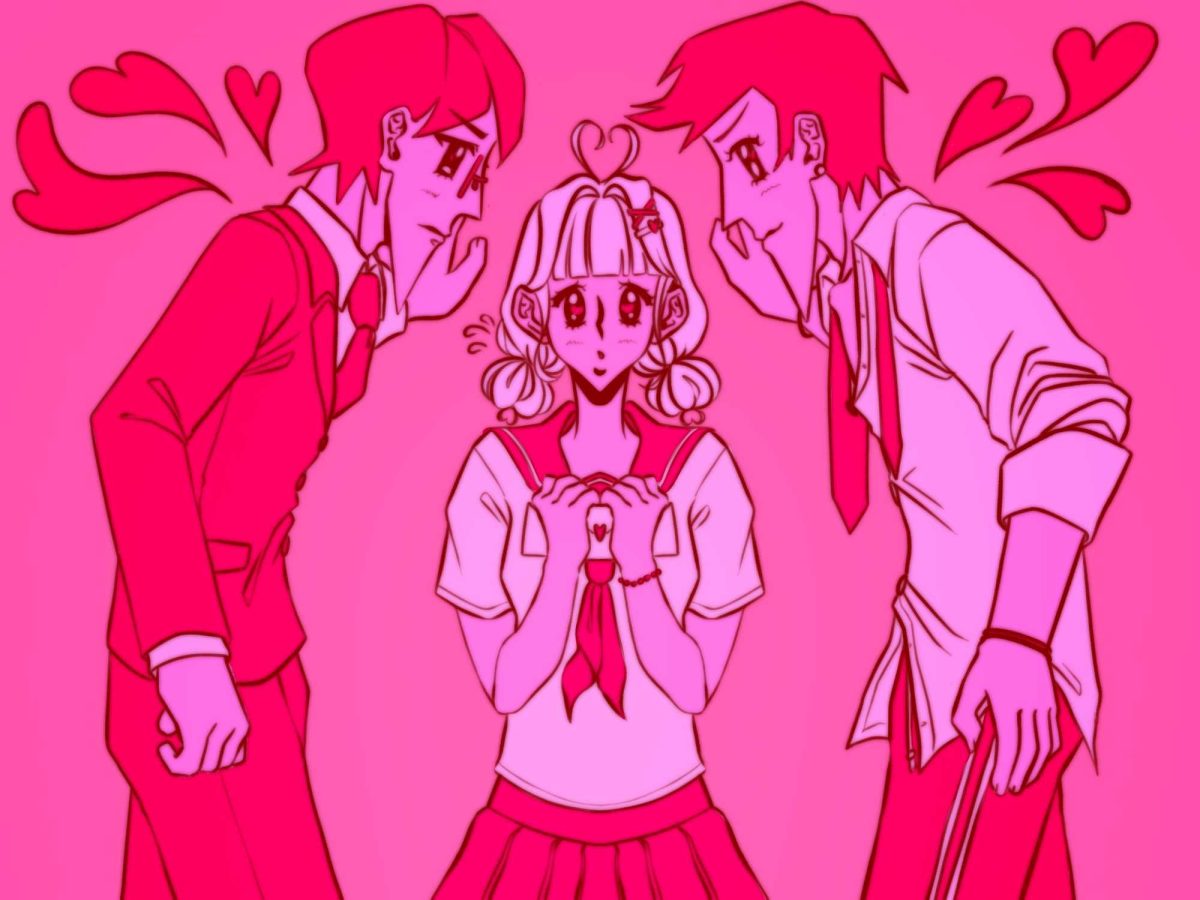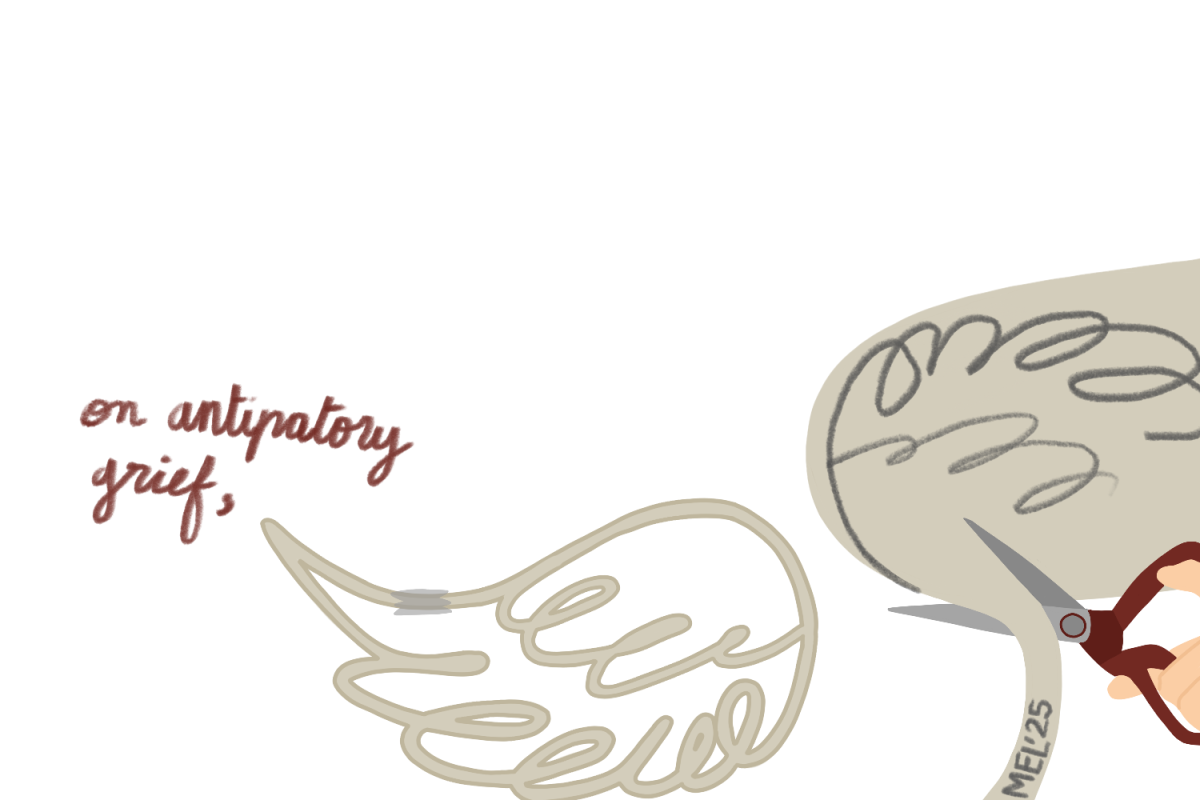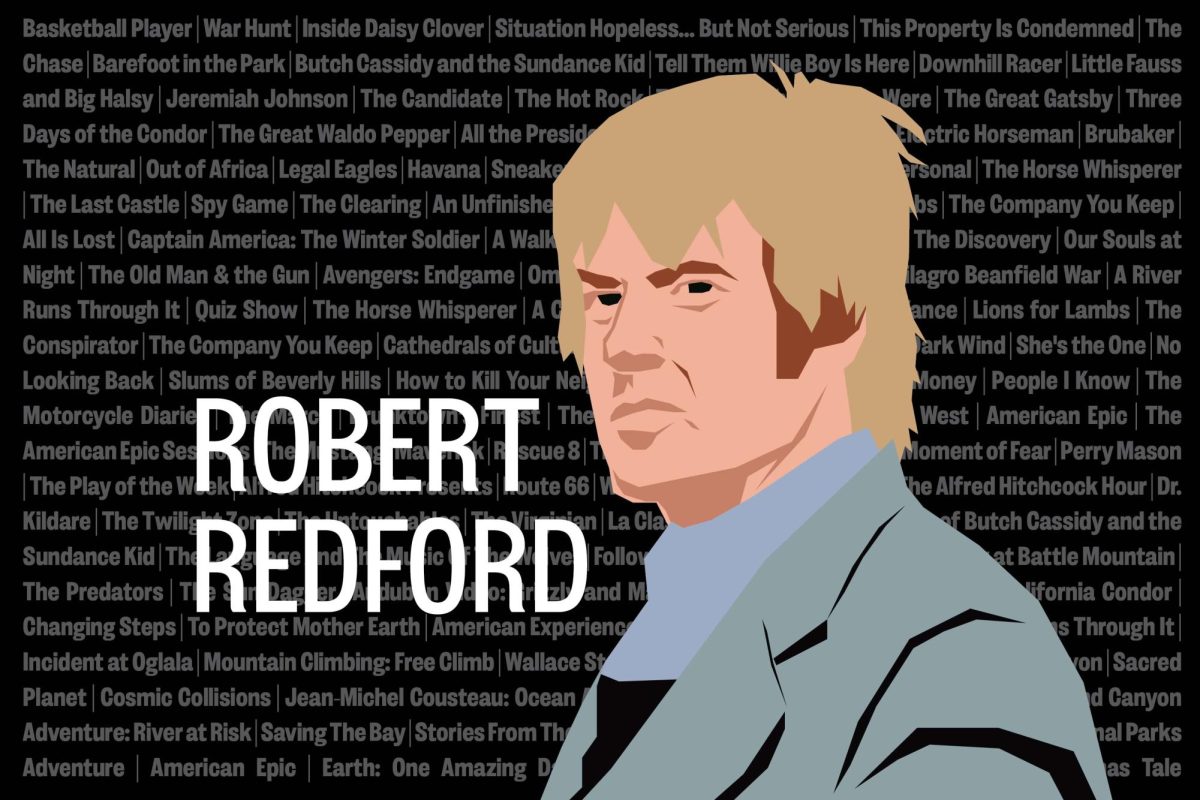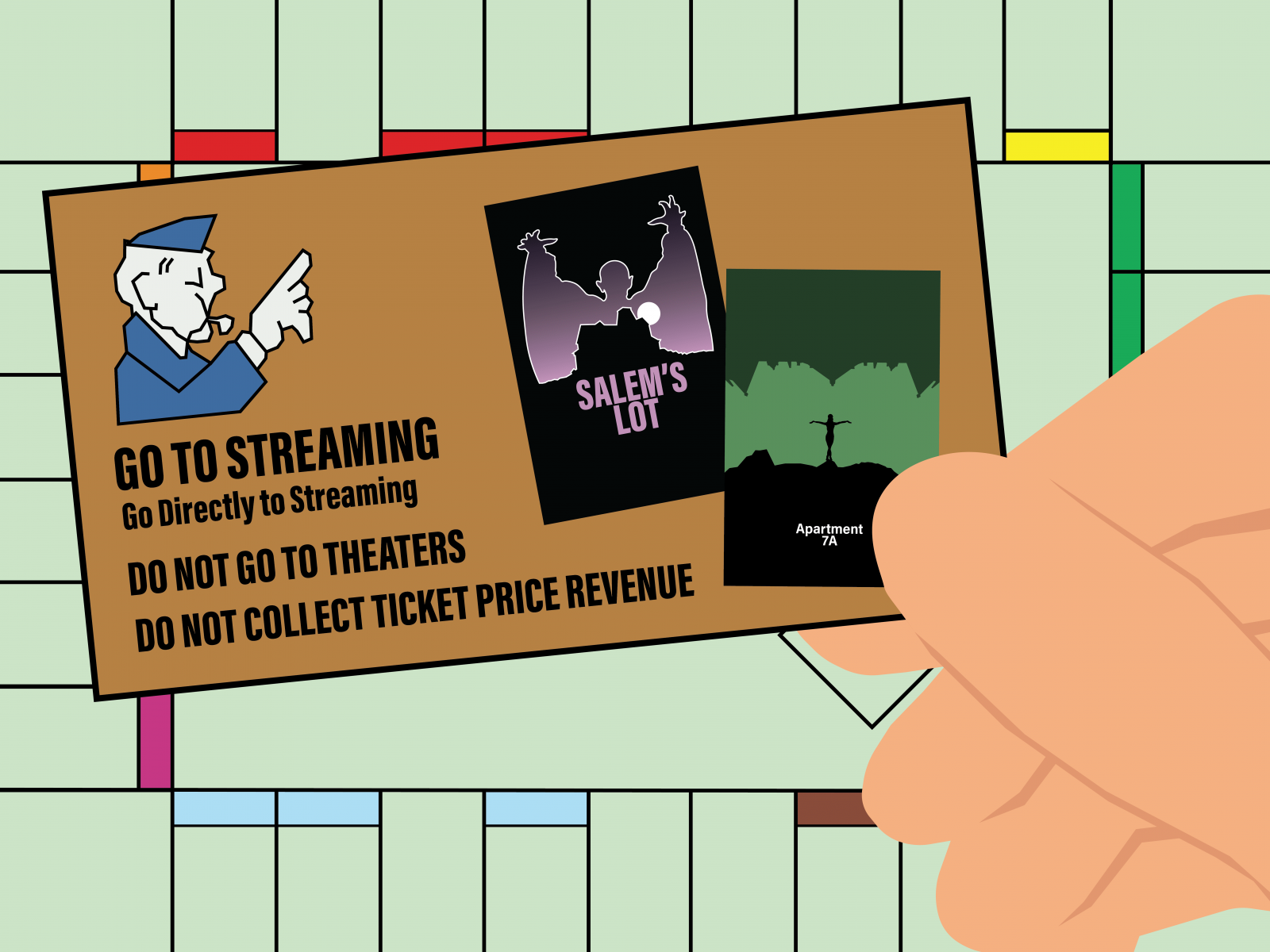Content warning: This article mentions sexual assault and rape.
A medieval epic entangled in a battle — not on the plains of France but instead between justice and injustice — Ridley Scott’s “The Last Duel” finds itself in a rather precarious position.
Based upon the book “The Last Duel: A Story of Trial by Combat in Medieval France” by Eric Jager, the film — released Oct. 15 — revolves around the true story of a legal and physical battle between a French knight and his squire, who is accused of raping the knight’s wife. Directed by Scott and adapted for the screen by Matt Damon, Ben Affleck and Nicole Holofcener, Damon and Affleck also star in the film. The former plays the knight, Adam Driver plays the squire and Jodie Comer plays Damon’s character’s wife — Marguerite, the victim.
While visually stunning, “The Last Duel” establishes itself in a gritty, yet true style to 14th century France. Many thanks should be given to the cinematographer, Dariusz Wolski. Gratitude should also be shown to the actors, who perform with a certain distinction that seems almost unprecedented for them, living up to the particularly serious nature of their roles.
Acting is what shines most in the film. In the depiction of the assault, Comer encapsulates an incredible, impressive depth in her character. But unfortunately, the film’s favoring of satirizing the gender tropes of medieval times overshadows Comer’s moving portrayal. History is on their side when it comes to this, but for a film that begs a modern audience to learn and reflect upon a historical wrongdoing, there appears to be no justice or acknowledgment for Marguerite’s pain.

The film is split into three separate yet related sections, each from the point of view of the main characters played by Damon, Driver and Comer. This narrative style is highly effective, as it allows the viewer to step inside the character on display but also gather information from multiple perspectives, helping build conceptions of the characters themselves. Damon’s character, Sir Jean de Carrouges, is the first perspective to be told in a manner denoted as “The Truth According to Jean de Carrouges.”
Sir Jean de Carrouges’s first act is rushed and filled with unnecessary battle sequences to build his warrior and determined character. His point of view of the incident is brash and gritty, which helps denote his battered and war-torn character. Such a thing remains true to history, as well as the simple embodiment of the character. He is not concerned over his wife, just himself.
Driver’s section relies on dialogue rather than action, a note to his character, the literate Jacques de Gris. Driver tells a story of lust and betrayal displayed rather brilliantly through him and those around him, including Affleck’s dastardly unique yet alluring performance as supporting character Count Pierre d’Alençon.
The final section — told from Marguerite’s point of view — is the hardest to watch. It portrays the truth according to the victim. Comer herself is at her best as she takes on a greatly challenging role. She perfectly showcases her ability to engage and inspire, but also denounces the old regimes of medieval times through her character.
Where the acting succeeds, so does the on-screen action — though perhaps a little too much. The center of the story — the assault — seems to be glossed over from the start. We are led to believe that wrongdoing is bound to happen given the conflict shared between de Gris and de Carrouges, but the incident at hand is dealt with caution.
The very point of the film, to highlight such injustice and the reality of the events, is lost in visuals and style. The three-act narrative style is ingenious and had the film been told any other way, it would not have been the same. But the sole point of the film is the duel — not the broader social message of rape culture. Of course, the film is titled “The Last Duel” to nod to the last legally sanctioned trial by combat in France, but it can also be deemed as a showcase of man and power.
At the end of the film, spoilers aside, the victorious being basks in glory as he rides out of the ring with on-screen text detailing what was to come next. In focusing on the duel, it is as if nothing ever happened. As if it was all along, a man versus a man. This is the film’s largest problem: it was advertised as a film that would make Marguerite’s story known in a time where #MeToo was foundational. To not act upon it is almost pathetic.
Overall, a film that grapples the attention in one way but fails to truly deal with the matter at hand, is yet another Scott epic.

























































































